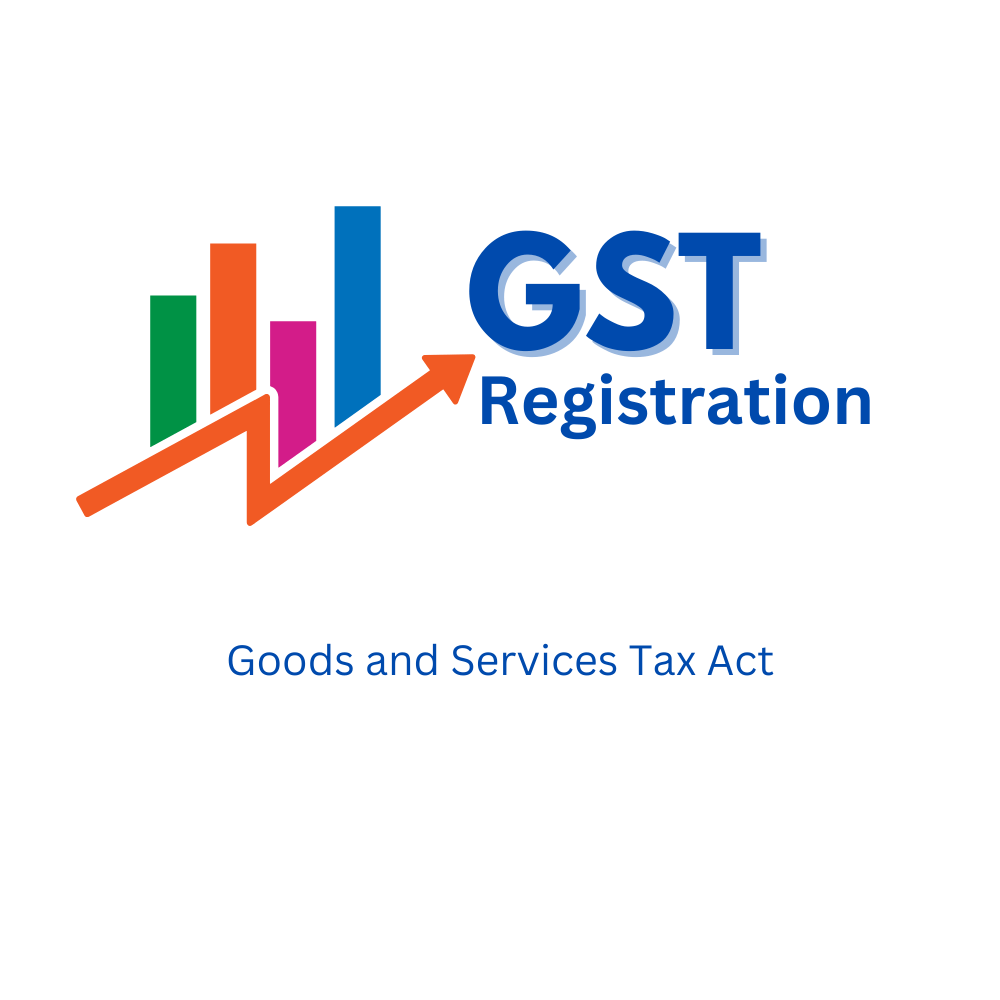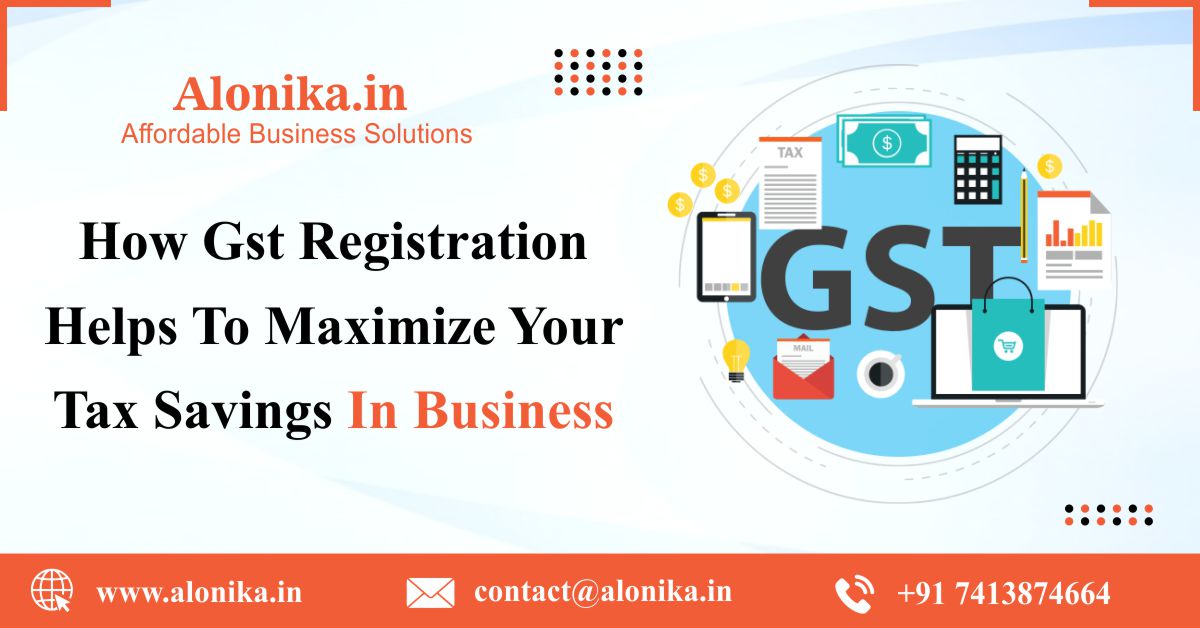Top Tips for a Smooth Singapore GST Registration Experience
Wiki Article
The Ultimate Guide to Simplifying the GST Enrollment Process and Requirements for Local Business Owners

Recognizing GST Essentials
To grasp the principles of the Item and Services Tax Obligation (GST) system, small company proprietors need to first comprehend its underlying implications and principles. GST is a value-added tax obligation imposed on many goods and services for residential usage. It intends to improve the taxation procedure by changing several indirect taxes enforced by the state and central governments. Under the GST regime, businesses are required to sign up and accumulate tax in support of the government, guaranteeing openness and compliance.Among the crucial concepts of GST is input tax credit scores, which permits companies to assert credit report for taxes paid on their purchases. This system prevents the cascading result of taxes and advertises performance in the tax system. Furthermore, GST is a destination-based tax, meaning that the tax is imposed at the factor of consumption rather than the factor of origin. This guarantees fair distribution of tax obligation earnings among states based on where the solutions or goods are taken in. Recognizing these basic principles is vital for local business proprietors to browse the complexities of the GST system and guarantee conformity with the regulation.
Eligibility Requirements for Registration
Having established a foundational understanding of GST principles, small company proprietors need to currently fulfill specific qualification standards to proceed with the registration process. In India, entities took part in the supply of goods or services with an annual accumulation turn over going beyond Rs. 40 lakhs (Rs. 10 lakhs for special category states) are called for to sign up for GST. In addition, particular organizations such as those associated with inter-state supply of items, informal taxable individuals, and those required to pay tax under the reverse fee mechanism have to sign up for GST regardless of their turn over. Companies that were registered under the previous tax obligation program (BARREL, service tax, and so on) are also mandated to register under GST. Agricultural companies that just provide create out of main manufacturing are exempt from GST enrollment. It is vital for company owner to thoroughly analyze their eligibility based upon these standards to make certain conformity with the legislation and stay clear of any type of charges for non-compliance.Documents Required for GST Enrollment

Simplified Enrollment Refine Actions
Complying with the collection and verification of the requisite documents, the enrollment process for GST can be navigated with a series of streamlined steps designed to facilitate reliable conformity for local business proprietors. The initial step involves seeing the GST website and selecting the 'New Enrollment' option. Ultimately, the candidate needs to fill out Component A of the GST REG-01 form with information such as PAN, mobile number, and e-mail address to obtain an OTP for confirmation. Once the OTP is obtained and entered, a Temporary Referral Number (TRN) is generated for additional proceedings. The next action requires completing Part B of the type with necessary service information, publishing sustaining files, and completing the confirmation process utilizing DSC or EVC. Upon effective verification, an Application Recommendation Number (ARN) is released, indicating the completion of the GST useful reference enrollment procedure. By following these streamlined actions, small company proprietors can efficiently register for GST and make certain compliance with tax obligation regulations.Tips for Ensuring Conformity
To keep governing adherence and functional honesty, diligent oversight and proactive steps are critical in making sure conformity with GST demands for tiny organization owners. Tiny organization proprietors have to remain upgraded with GST laws, filing deadlines, and any adjustments in tax prices to stay clear of fines and keep a great standing with tax authorities. Attending GST recognition workshops or training programs can boost understanding and conformity with GST guidelines, inevitably benefiting the organization in the lengthy run.
Verdict
Finally, local business owners must recognize the essentials of GST, satisfy the eligibility standards, collect needed files, and comply with the simplified enrollment procedure steps to guarantee conformity. By simplifying the GST enrollment process and demands, small company owners can prevent penalties and run their companies smoothly within more the legal structure - Singapore GST Registration. It is essential for small company owners to remain educated and certified with GST policies to preserve an effective organization operationTiny service owners looking for GST registration must ensure they gather and submit the necessary papers to complete the enrollment process effectively. The documents needed for GST registration generally consist of proof of service registration or unification, PAN (Long-term Account Number) card of the business identification, address and entity evidence of the promoters/partners/directors, photographs, address proof of the location of business, bank account declarations or terminated cheques, and authorization kinds. Attending GST understanding workshops or training programs can enhance understanding and compliance with GST guidelines, ultimately benefiting the organization in the lengthy run.
By simplifying the GST registration procedure and demands, tiny business owners can prevent fines and operate their services efficiently within the lawful click to read framework. It is vital for tiny business owners to stay educated and compliant with GST regulations to maintain an effective service procedure.
Report this wiki page